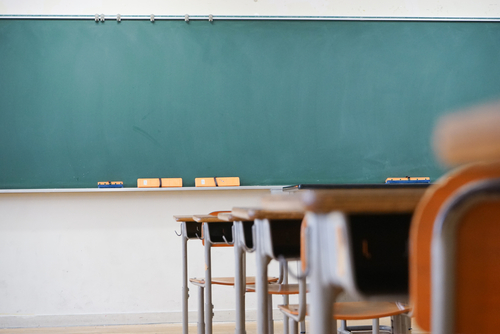Are Recovery High Schools Effective?

Parents may be worried about will happen to their teens after treatment. The fear that they will not want to go back to high school to get their degree could be at the top of the list. Whether this anxiety accelerates from the student worried about the response from other students who may learn of their substance abuse disorder or the parents being frightened that their teenager will return to their old behaviors, looking into alternative schooling that supports their recovery and their education could be beneficial for their long-term sobriety.
One option to consider is a Recovery High School, or sober school, that specifically caters to teen students recovering from substance abuse as a resource to continuum of care after treatment. Most sober schools require students to complete a stint in a rehabilitation facility and to be sober for at least 30 days before admittance is granted. On entering a recovery high school, a student must have a desire to stay sober and provide an action plan to flourish in both their academics and their recovery.
Recovery High Schools came into sight in 1987 when Minnesota opened the very first one to foster a safe learning environment for students who also needed help with remaining sober at the same time. Being enrolled in a recovery high school gives a student the chance to focus on their studies where they are less likely to be pressured by others to drink and use or vulnerable to seeing their peers smoke pot, drink alcohol, or take drugs in front of them.
Every school will propose the same goal of providing accredited courses to give students who may have had a setback with their addiction the chance to graduate from high school. These types of recovery schools typically use an externally-created modular curriculum which is matched with state standards. Classes usually accommodate 10-15 students at a time and are meant to be smaller than those in public schools to help students have better chance to connect with the teachers as well as other students. Having like-minded individuals together to achieve the same purpose of sobriety has proven to be successful in addiction support groups for decades and recovery high schools statistics have shown the same success.
Statistics from a 2018 study, Recovery high schools: the effect of schools supporting recovery from substance abuse disorders by the US National Library of Medicine, compared students who attended recovery high schools versus those who did not throughout a 6-month period. The research concluded RHSs have significantly beneficial effects on substance abuse and school absenteeism after 6 months for adolescents treated there for SUDs.
31 recovery high schools are open across the United States with 5 more on the horizon. These sober schools may be the key to helping those affected from the opioid epidemic gain some success within their education.
Stonewater Adolescent Recovery Center offers nationally accredited academic curriculum to give our clients a chance at gaining an education while building a foundation with their sobriety. Our Academic Advisor can meet with you to create an academic plan for your teenage son and ensure balance will be captured with their therapeutic load.
Call us today to start living your recovery: 662-598-4214

.jpg)

